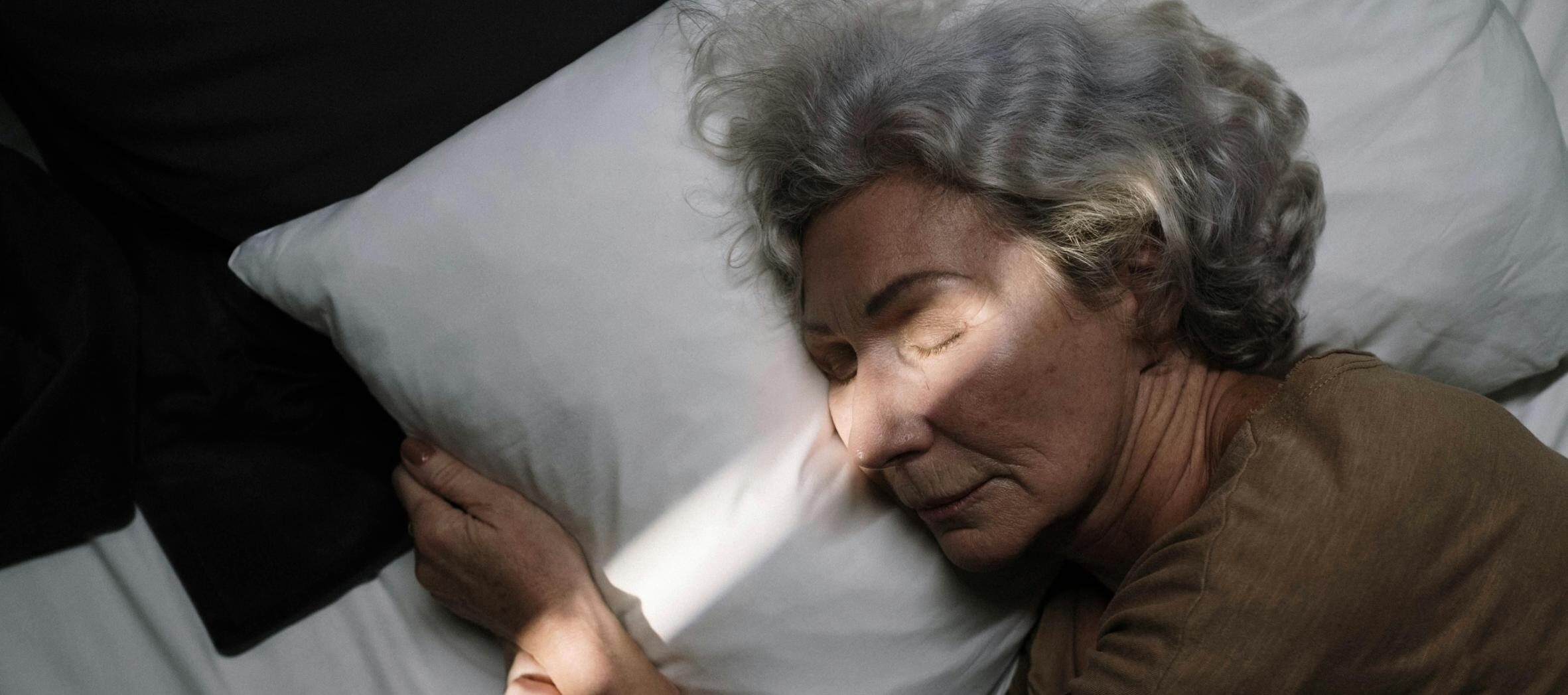The Association Between Hours of Sleep and Risk of High Blood Pressure
Why a Regular Sleep Schedule Is the Recommended Approach

If you caught the Today Show last month, this study may have captured your attention: A new study linked a lack of sleep to high blood pressure and hypertension. The study of individuals aged 60 and younger showed that those who got less than 7 hours of sleep per night had a 7 percent increased risk of high blood pressure. Those who got less than 5 hours of sleep per night had an 11 percent increase. While this is an association—not a direct correlation—it does emphasize the importance of sleep to our general health at every age.
Here’s why sleep affects blood pressure and the recommended hours of sleep for older adults:
- Blood Pressure Regulation: During sleep, your body goes through different stages, including deep sleep and rapid eye movement (REM) sleep. These stages are essential for physical and mental rejuvenation. When you are asleep, your body conserves energy, repairs tissues, and regulates hormone levels, including those related to blood pressure.
- Stress Hormones: Lack of sleep or poor-quality sleep can lead to an increase in stress hormones such as cortisol. Elevated cortisol levels can contribute to higher blood pressure over time. Additionally, sleep deprivation can disrupt the body’s natural circadian rhythm, affecting the balance of hormones that regulate blood pressure.
- Sympathetic Nervous System: Sleep plays a role in modulating the sympathetic nervous system, which controls the “fight or flight” response. When you are sleep-deprived, this system can become overactive, leading to higher heart rate and blood pressure, especially during stressful situations.
- Inflammation and Cardiovascular Health: Chronic sleep deprivation is associated with increased inflammation in the body, which can contribute to cardiovascular issues, including hypertension (high blood pressure).
For older adults, the recommended amount of sleep can vary slightly from younger adults. Generally, adults aged 65 and older are advised to aim for 7 to 8 hours of sleep per night. However, individual sleep needs can vary based on factors such as overall health, activity levels, and lifestyle.
Getting sufficient and quality sleep is essential for maintaining overall health and well-being, especially in older age when the body’s recovery and repair processes may require more restorative sleep. Establishing a consistent sleep schedule, creating a relaxing bedtime routine, and addressing any sleep-related issues with a healthcare provider can help older adults improve their sleep quality and support better blood pressure regulation.
If there are any key takeaways, as they noted on the Today Show, keep these in mind:
- Get your blood pressure checked.
- Make heart healthy choices.
- Stick to a regular sleep schedule.
Let us know if we can provide any further resources or support for you or a loved one.


